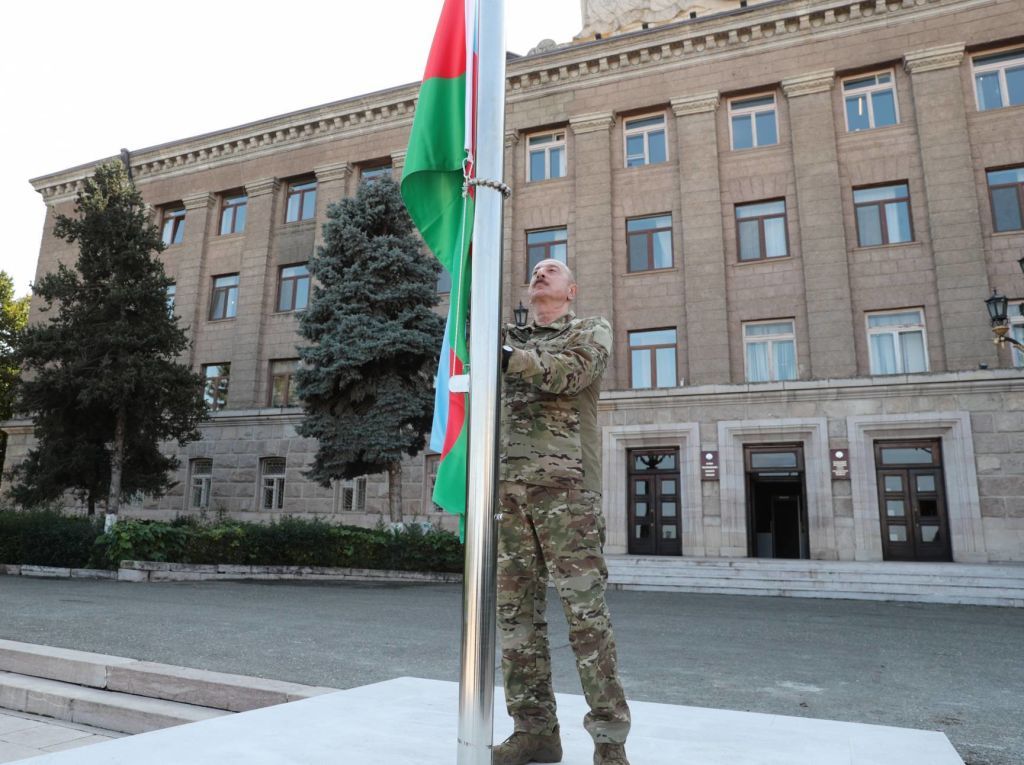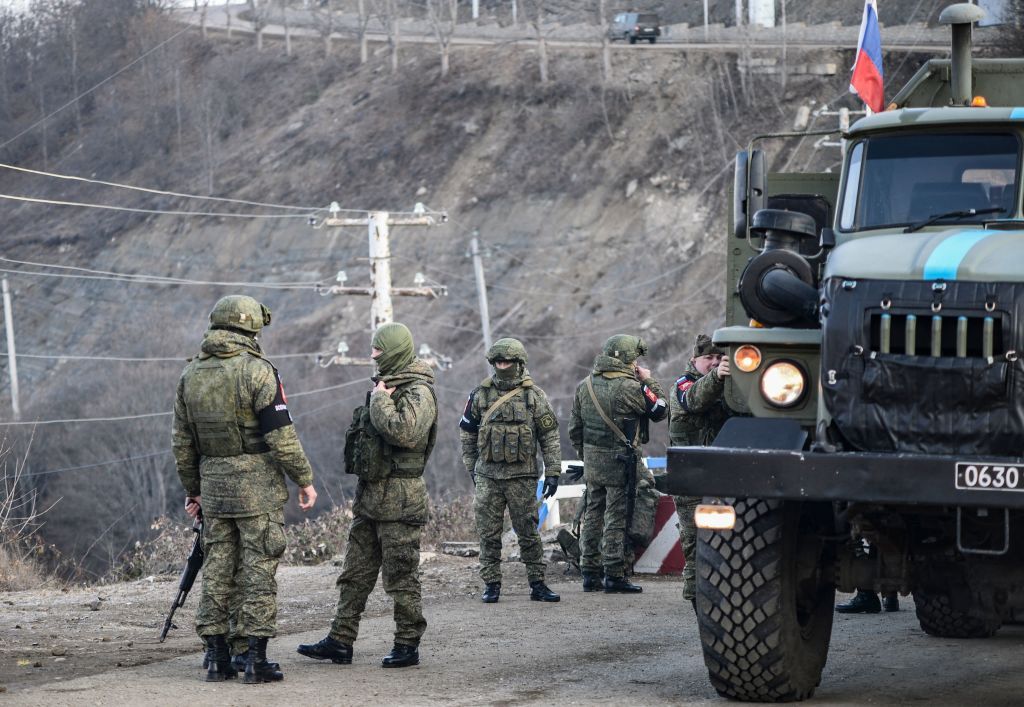Pashinyan says Armenia ready to sign peace treaty with Azerbaijan

Armenian Prime Minister Nikol Pashinyan said he's willing to sign a peace treaty with Azerbaijan by the end of the year.
"We must move steadily towards peace," Pashinyan said during an address to the European Parliament on Oct. 17. "To do this, political will is necessary, and I have that political will."
At the same time, he denounced Azerbaijan's recent recapture of Nagorno-Karabakh, saying that it was a "fulfillment of its long-standing policy of ethnic cleansing."
Pashinyan criticized the inaction of Armenia's supposed allies, adding that they had not only refused to help but had actually "made public calls for a change of power in Armenia, to overthrow the democratic government."
He mentioned the Collective Security Treaty Organization (CSTO), saying the organization and its members "did not help us at all, they left us alone." The organization comprises Armenia, Belarus, Kazakhstan, Kyrgyzstan, Russia, and Tajikistan.
Nonetheless, Pashinyan emphasized that he was ready for Armenia to seek a lasting peace with Azerbaijan.
Nagorno-Karabakh, which is recognized as Azerbaijani under international law, surrendered on Sept. 20 after 24 hours of attacks by Azerbaijani forces. It was home to a predominantly Armenian population.
The breakaway republic agreed to dissolve its political institutions, and in the following weeks, most ethnic Armenians fled.
Azerbaijani President Ilham Aliyev decided not to attend peace talks planned in Grenada, Spain, on Oct. 5 but then offered Georgia as an alternative location on Oct. 8. It is still unclear when or if the talks will commence.
On Oct. 13, reports emerged that U.S. Secretary of State Antony Blinken was concerned Azerbaijan may invade Armenia proper, supposedly to secure a corridor between Azerbaijan and the landlocked exclave Nakhchivan.
However, the Armenian news agency said on Oct. 15 that U.S. State Department official Matthew Miller had contacted them and described the reports as inaccurate.













